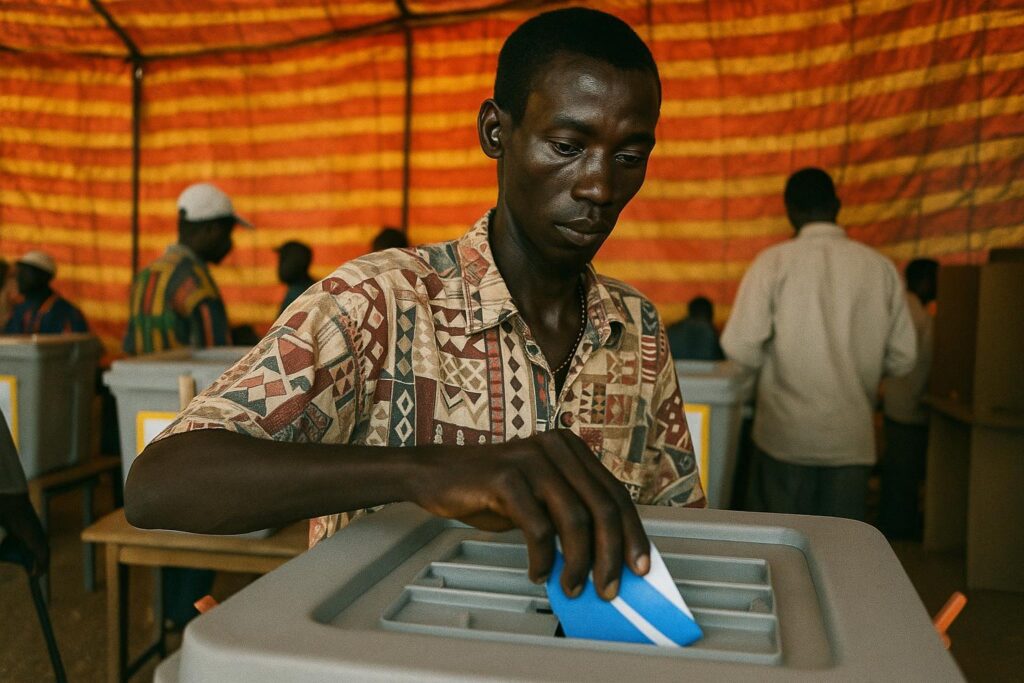Election Countdown Begins
South Sudan is scheduled to hold its first general election since independence in December 2026. The poll is widely regarded as the final milestone of the 2018 peace agreement, tasked with ushering the young nation from transitional governance to a permanent constitutional order.
Historic Numbers Versus Current Realities
South Sudan’s National Elections Commission is considering basing the 2026 vote on the 2008 census and 2010 constituencies, frameworks designed before independence. Seventeen years later, urbanisation, displacement and returning refugees have reshaped the demographic map.
Concerns Raised by Rights Advocates
The South Sudan Human Rights Defenders Network argues that using the old benchmarks would mute growing towns and undervalue remote communities. “Conducting elections on fourteen-year-old data is equivalent to disenfranchising entire communities,” said James Bidal, the network’s Head of Secretariat.
Election Body Defends Time-Saving Plan
Commission chair Professor Abednego Akok contends that limited time makes fresh boundaries impractical before December 2026. He insists the legacy framework, though imperfect, offers a tested administrative skeleton that can be adapted swiftly through constitutional amendments.
Potential Legal Hurdles Ahead
Lawmakers would need to reconcile gaps between the National Elections Act and the proposed seat distribution. Analysts warn that hurried legal tweaks could invite disputes after polling day and strain the fragile peace accord still guiding South Sudan’s transition.
Pathways to Inclusive Balloting
Advocates urge fresh mapping or, at minimum, updated voter rolls capturing recent returns from exile. They argue a modern database would boost confidence and meet global norms. Akok says a technical committee is studying options as dialogue with parties continues.
Looking Ahead to 2026
Observers see a narrow window to align data, laws and logistics. Whether using legacy numbers or updated counts, transparency during the next 18 months may define voter confidence and the legitimacy of South Sudan’s most anticipated democratic exercise.


